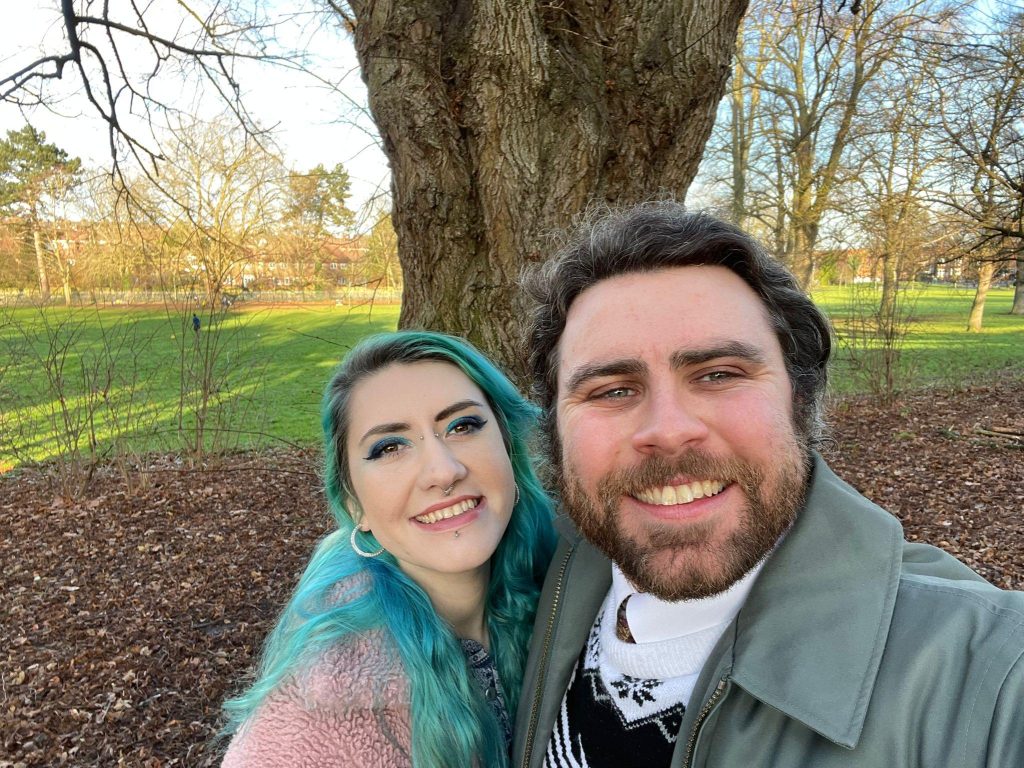Navigating life with a neurodivergent condition can feel like a constant battle. For Leicester’s Charlotte Tait and
her partner, Dr. Matthew Pooley, this journey was marked by frustration and a lack of comprehensive support.
The turning point came when the professionals they relied on simply weren’t listening, prompting an idea to help others facing similar challenges…

Picture: Supplied
Both Charlotte and Matthew, diagnosed with neurodivergent conditions as adults, were often left to fend for themselves. Charlotte, who has Autism and ADHD (AuDHD), explains, “You’re told you experience the world differently, but then you’re left to cope alone.” This absence of coordinated care led them to feel isolated, even when they had support.
Charlotte began creating step-by-step guides to manage her challenges, which soon became a collaborative effort with Matthew. Together, they envisioned ‘NeuroEmpowered Leicester’ — a guide and Community Interest Company (CIC), designed to provide the holistic support they had been searching for.
The guide the couple has created, aims to empower neurodivergent individuals by offering structured steps
for navigating daily life, whether or not they have a formal diagnosis. It covers topics from sensory and executive functioning to managing finances and social communication. Charlotte emphasised:
“ You shouldn’t have to hit rock bottom like I did in order to get help. This guide helps people access resources before they reach that point. ”
One key feature is resources on the right to advocacy and the right to choose — tools to navigate the healthcare system. Charlotte shared her experience of waiting years for an ADHD assessment through the NHS before discovering her right to choose and seeking private care. “It’s about connecting people with information that’s out there but often spread out and hard to find,” she said.
Charlotte and Matthew also emphasise self-advocacy. Their goal is to equip individuals with the tools to advocate for their needs. “We want to give people the resources to understand their rights and navigate the world around them,” Matthew said. “While we’re not yet at the stage of providing advocacy ourselves, that is our ultimate goal.”
The guides are divided into sections, allowing individuals to tailor their approach. Whether it’s applying for benefits or handling public transport issues, the goal is to reduce anxiety by providing actionable steps. “It’s about helping people feel like they can handle these things, even if they seem like common sense to others,” said Charlotte.
Ultimately, the guides are designed to help people thrive, not just survive. As Charlotte so poignantly puts it: “We’re disabled by society, not by ourselves.”
The tools we’ve created don’t make people less disabled, but they do make the world more accessible, allowing neurodivergent individuals to live fully and independently.”
The guides represent a step toward a more inclusive society, proving that with the right tools, anyone can thrive.
For more information and to access the free resource guides, visit: www.neuroempowered.org



